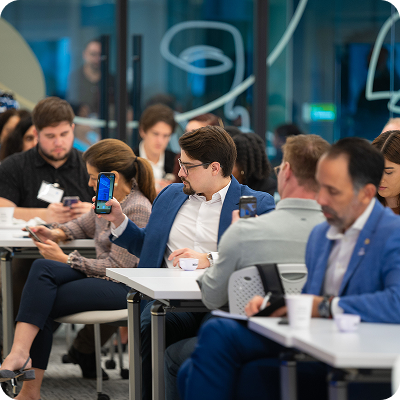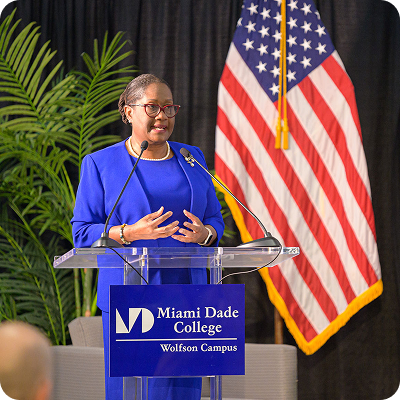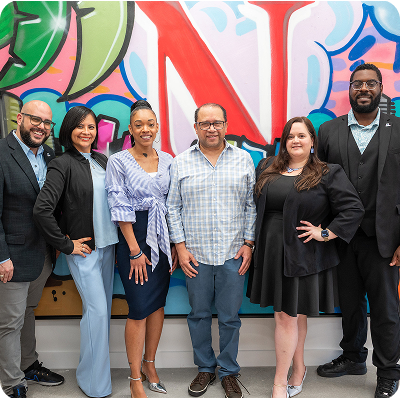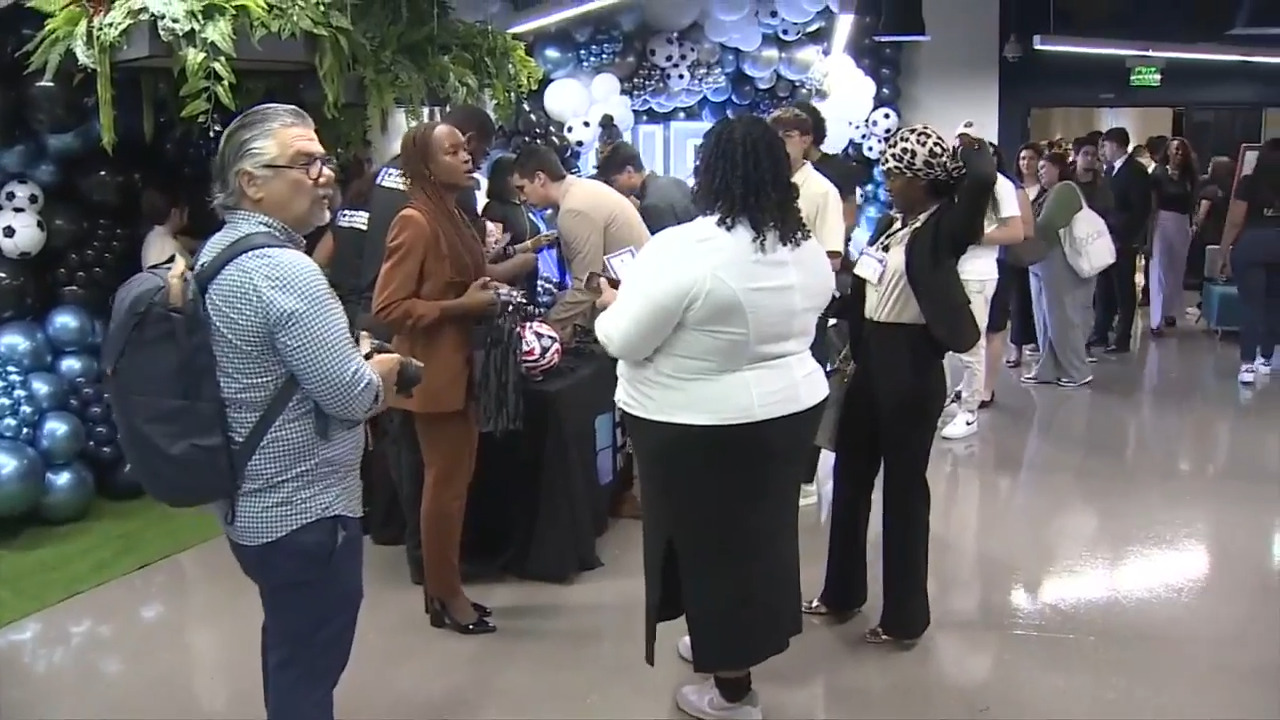
Creating a Tech-Friendly Corporate Culture


All modern companies are tech companies, regardless of the industry you’re in. After all, today’s businesses rely on complex computer systems, applications, and data analysis to remain competitive. A tech-friendly culture is one that is open to change and new technologies that can improve business operations.
Businesses that fail to embrace technology risk falling behind and losing their competitive edge. However, upskilling your current workforce or hiring new tech talent can be an obstacle to building a tech-friendly corporate culture. Miami Tech Works partners with South Florida businesses to create a sustainable tech talent pipeline that drives innovation. Because innovation is no longer optional — it’s infrastructure.

Start by identifying your current cultural indicators. To be successful, your company should have an environment that includes open feedback and cross-team collaborations. Breaking down silos makes it easier for your team to adapt and adjust as needed. Leadership buy-in is essential since no one will prioritize tech adoption if upper management doesn’t make it a priority.
You’ll have the best results if you anticipate common resistance points and make a plan to overcome them. For many companies, these include a reluctance to change from legacy systems and a fear of automation. Highlighting the benefits of new technology, particularly in areas where it simplifies workflows, can help overcome resistance to change. Reassuring employees that you plan to invest in upskilling can calm fears about automation taking their jobs.
Your digital maturity baseline is just a starting point. It can give you a sense of where you stand and how to chart the road ahead as you build a workforce that’s ready to embrace change and thrive in a tech-centered business landscape.

A strong organizational culture begins at the top. Executives who model digital curiosity set the tone for the entire workplace. Leaders can set an example by participating in upskilling classes along with their staff. Although you don’t need to adopt every new technology that comes along, be open to trying new applications and regularly engage in conversations about innovative advancements.
Some practical examples of steps leaders can take to establish a tech-forward environment include setting aside a budget of both time and money for people to experiment with new tech. Reward people who figure out new ways to streamline processes, increase revenue, and develop creative output.

Technology is advancing so quickly that continuous learning is a requirement for all jobs. Technical skills, in particular, go stale very quickly. Reskilling and upskilling should be an established and ongoing element in your organization. You can incentivize internal training by offering certifications that will allow employees to advance their careers and providing opportunities for exploratory learning.
Miami Tech Works and our coalition partners work with businesses to offer access to many upskilling resources. We can help you create a training program to suit your needs and bridge any skill gaps.
Strict hierarchies interfere with the easy flow of information that’s necessary for collaboration. Innovation can’t be confined to specific departments. It happens when people and ideas come together. Promoting internal cross-training between technical and non-technical staff promotes a tech-friendly culture and creates an environment where creative solutions arise naturally.
Tech tools such as Slack, Trello, and AI platforms can foster collaboration and make your teams more efficient. However, it’s easy for these tools to infiltrate non-work time, so encourage your staff to guard down time, another necessary ingredient for creativity to flourish.



If you plan and schedule every minute of the day, you aren’t leaving time for your employees to make serendipitous discoveries. Set the stage for innovation by allowing your staff to take small risks and launch quick pilots. You can build internal “labs” to encourage exploration or set aside specific innovation hours when people are free to work on creative projects with no clear direction. The outcome of these initiatives shouldn’t be the focus. Failure is the start of the learning loop. What matters is the iterative process, which can take an idea from a flop to the next big thing.
Interns won't handle the same workload as full-time employees, but their tasks should never lack meaning. Give them projects that matter, those that build fundamental skills and connect to their career goals. The more relevant the work, the more valuable their internship will be.
Miami is one of the fastest-growing tech hubs in the south. Leverage local resources such as the Miami Tech Talent Coalition, local boot camps, Refresh Miami, and the South Florida Tech Hub. To encourage a tech-friendly culture to thrive in your organization, think of it as a regional team sport rather than an isolated initiative. The free flow of ideas that comes from working groups and coalition events can help you build culture through exposure.

Without a clear cultural transformation, your digital transformation will fail. The initial stages of change can be difficult, but once it’s ingrained in your corporate DNA, you’ll be able to effortlessly navigate today’s complex business challenges. Don’t let the process become overwhelming. Take one actionable step this quarter and then continue to build on your successes.


